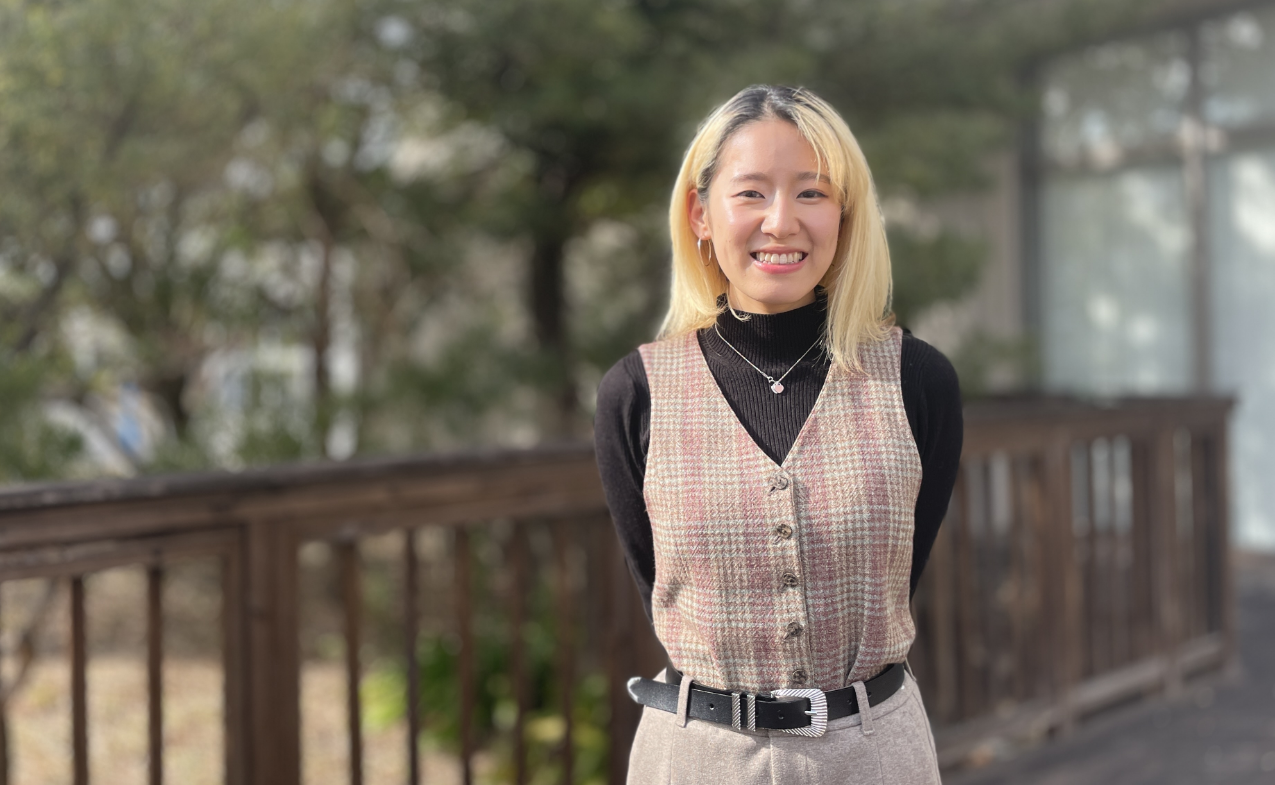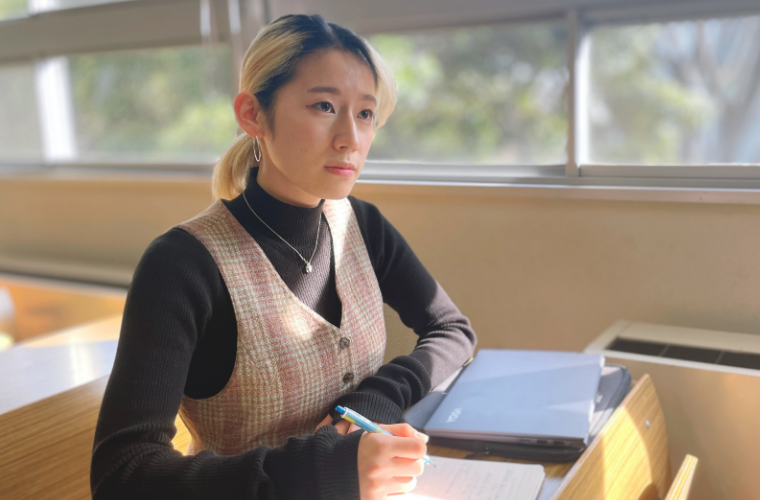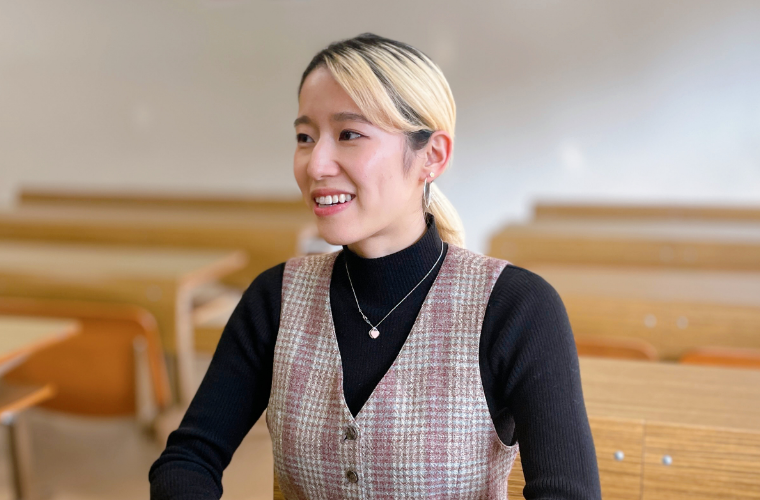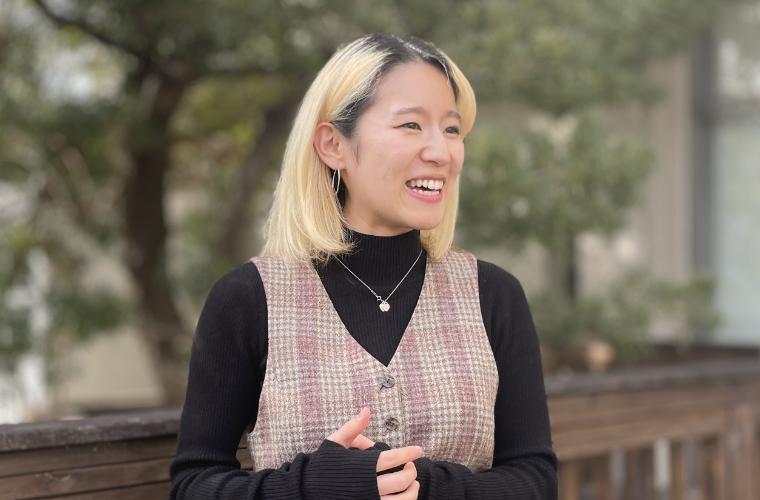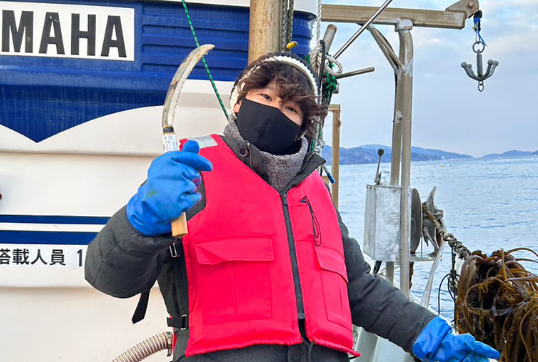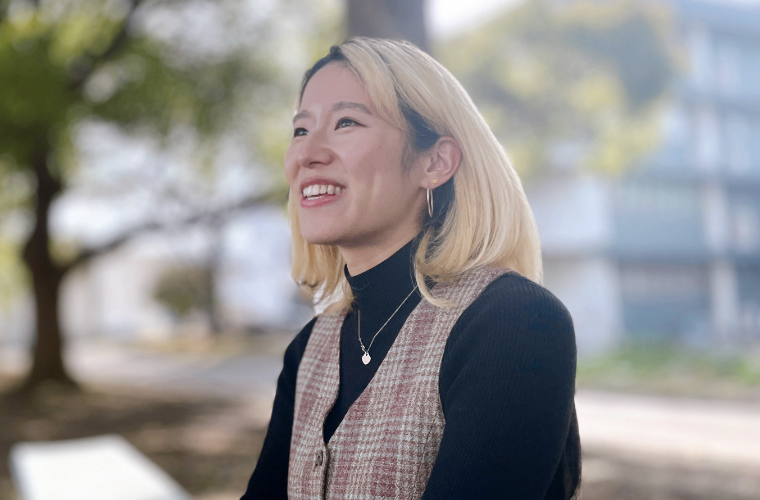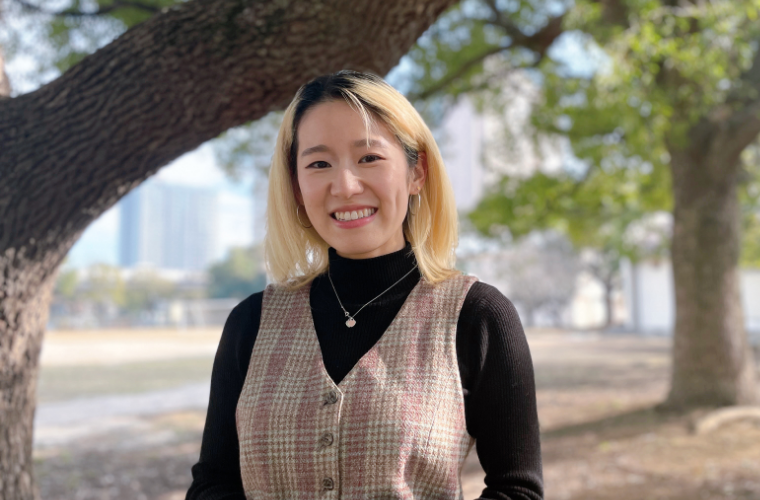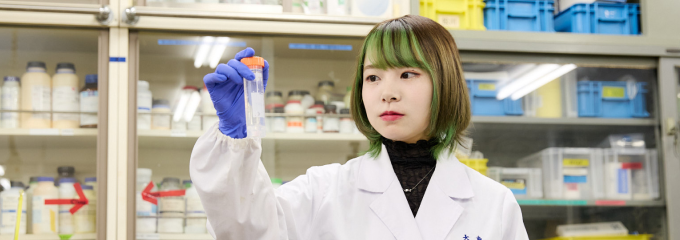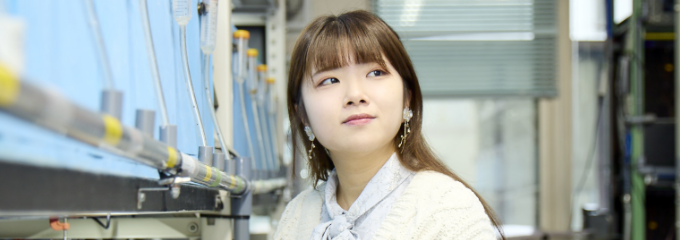Visit a fishing village to experience the fishing industry firsthand.
An opportunity to gain a new perspective
On my days off, I usually spend time with friends or go to work part-time, but when I have some free time, I go to a fishing village. It's a lot of fun because I get a ride on a friend's fishing boat and talk with fishermen, which gives me a different perspective than what I would get at university, and allows me to experience the fishing industry firsthand. Another attraction is that you can see and eat fresh fish that you can't find in Tokyo or that you can't find in supermarkets. Someday I would like to visit fishing villages all over Japan (lol).





